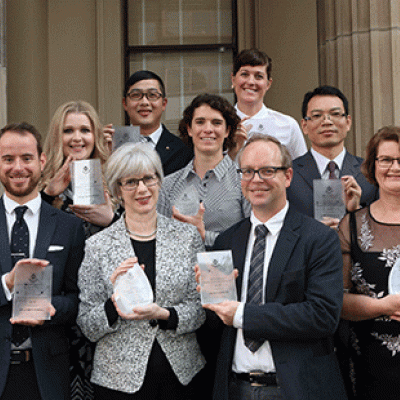For the first time, researchers have revealed how a person’s genes can play a part in their enjoyment of nature, potentially changing the way we look at our affinity with the natural world.
4 February 2022As the world looks to tighten up the illegal capture of wildlife, migratory birds are being threatened by widespread and unsustainable hunting across the Asia-Pacific region.
21 May 2020Artificial intelligence and extensive satellite imagery have allowed researchers to map the world’s intertidal zones for the first time, revealing a significant loss of the crucial ecosystem.
20 December 2018Climate change could make much of the Arctic unsuitable for millions of migratory birds that travel north to breed each year, according to a new international study published today in Global Change Biology.
20 July 2016How do you reconcile the recreational needs of a city of two million people with the protection of migratory birds recovering after journeys half way around the planet?
22 April 2016University of Queensland scientists are calling for greater international collaboration to save the world’s migratory birds, with research finding more than 90 per cent of species are inadequately protected due to poorly coordinated conservation...
4 December 2015Research into areas as diverse as avocados, batteries and climate change has shared in a $515,182 total pool in The University of Queensland’s Research Week awards.
16 September 2015
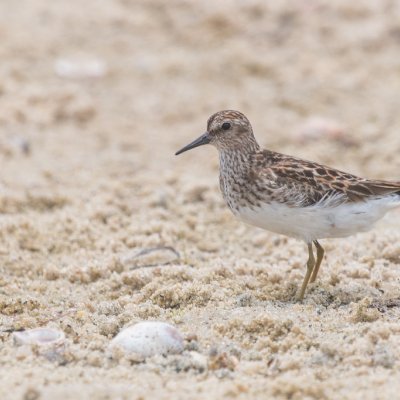
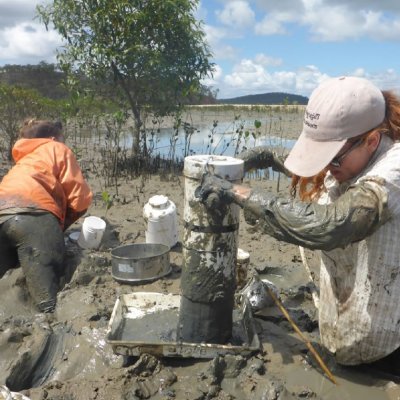
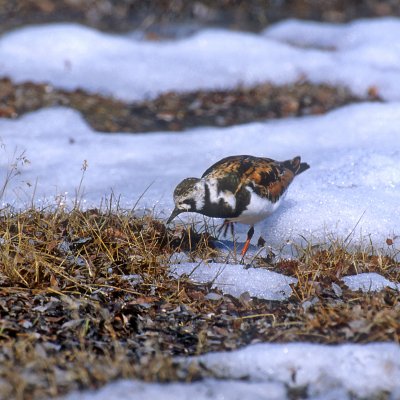
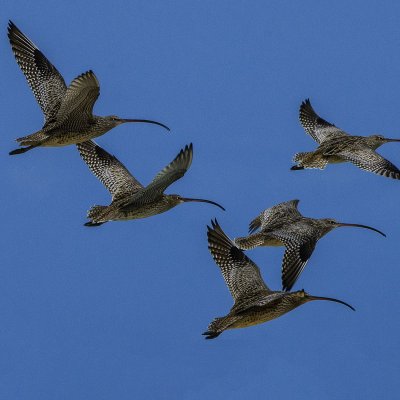
.jpg?itok=LrxrnD_s)
